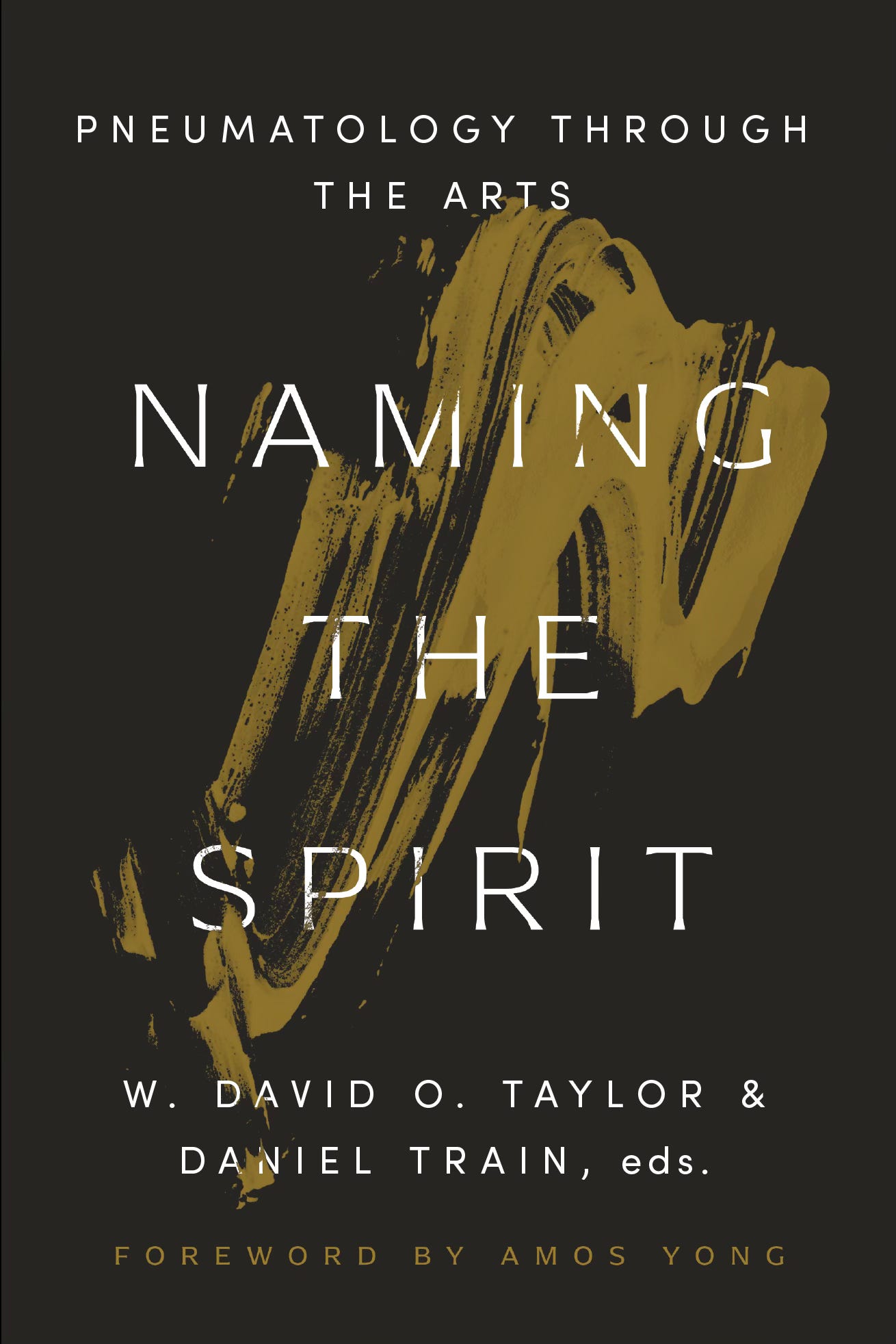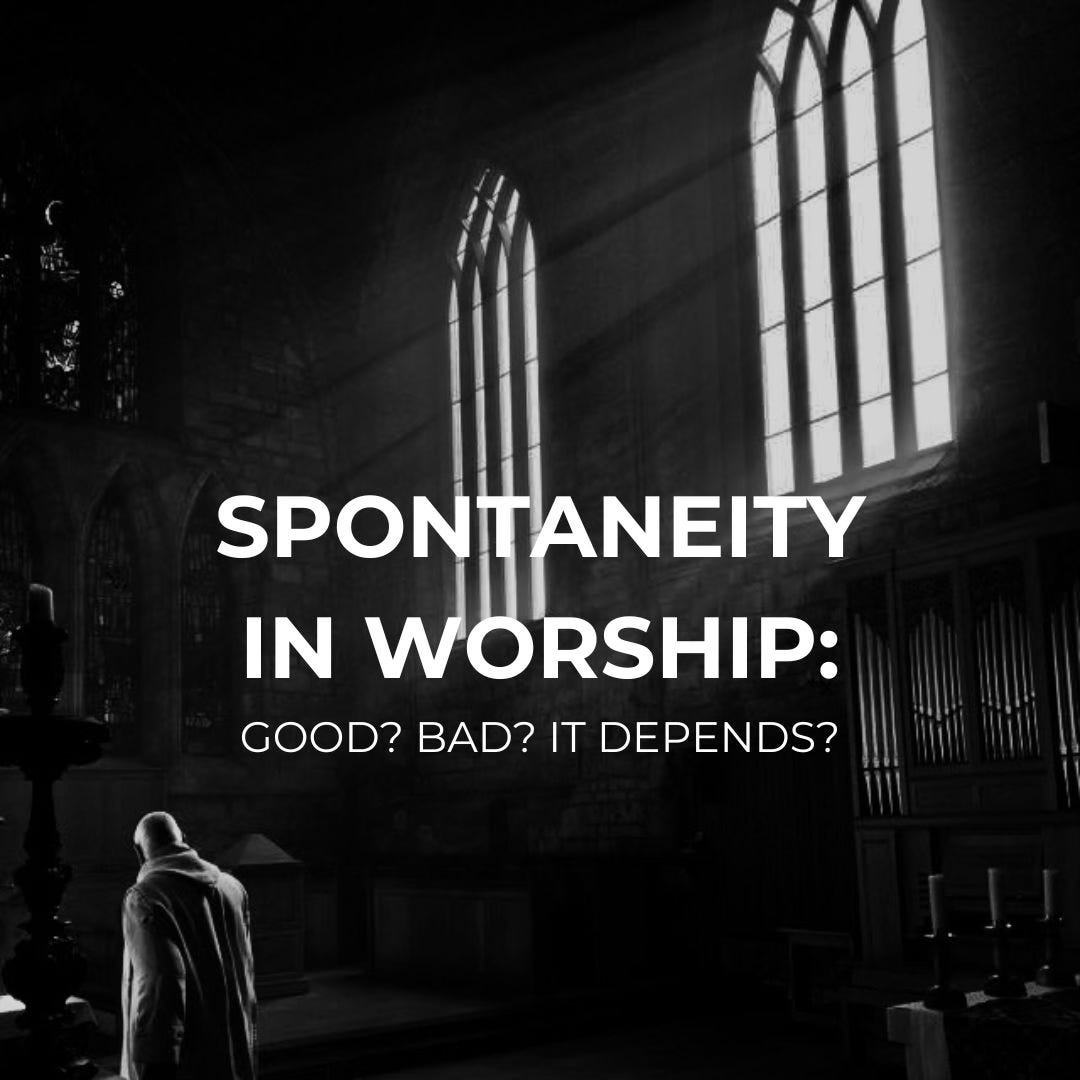
It seems that the spring of 2025 is the spring of the Spirit in my life.
I’m in Seattle at the moment, where I’m giving a plenary presentation at the Society for Pentecostal Studies’ annual meeting, I’m finishing up final edits on a book that brings pneumatology into conversation with the arts, and I recently preached on the Holy Spirit at my church.
Also super fun: Five years ago this past Monday, March 10, 2020, my psalms book, Open and Unafraid: The Paslms as a Guide to Life, released. Three days late the world shut down on account of Covid-19. It was crazy times.
But to everybody who’s bought the book: thank you. To everybody who’s read the book: thank you. To everybody who’s told a friend about the book: thank you. What will the next five years hold? Only God knows.
Today, however, I’m thankful—thankful to readers, friends, colleagues, publishers, editors, strangers, family, Rabbit Room people, bishops, podcasters, Message-Bible author who-art-now-in-heaven.
Open and Unafraid didn’t win any awards in 2020. That’s ok. 2020 was about pandemics and political turmoil and global protests. It needed other kinds of books. But I’m grateful that I got to write this book and grateful for the good that it’s done in the world.
If you haven’t bought yourself a copy, this season of Lent might be the perfect time to do so!
Now back to the Holy Spirit.
COME, HOLY, SPIRIT, COME: A SERMON.
On January 26, I preached on the Holy Spirit under the light of Saint Luke’s gospel. In it I drew attention to the central role that the Spirit plays in Christ’s life in Luke’s telling and I suggested ways that the Spirit might become more central to our own lives.
I underscored two points in light of what we witnessed in Luke.
First, in seeing how Jesus is Spirit-animated, Spirit-filled, Spirit-led, Spirit-attuned, from top to bottom, we see also what it means to be truly human: we see a life that’s utterly dependent upon the Spirit.
Second, we see how the Spirit is present in all aspects of Jesus’ life, not just in the miraculous matters. This, too, would be true for us. The Spirit isn’t just a fire or a mighty wind to do extraordinary things; the Spirit is a gift of God’s empowering presence for the ordinary course of our lives.
In the sermon I talked about an exchange I had in seminary with the New Testament scholar Gordon Fee. It’s an exchange that derailed all of my assumptions about the Spirit and caused me to read Scripture with fresh (Spirit-ed!) eyes.
I ended the sermon with a pastoral invitation: that we join the ancient church in praying the words, “Come, Holy Spirit, come.”
I encouraged folks to pray these words at any point throughout the day and to think of it as a kind of spiritual practice:
“Pause what you’re doing, speak these ancient words out loud, and wait for a moment to listen, trusting that the Spirit is already at work in and around you, willing your good.”
We pray these words not because the Spirit is magic or we can manipulate the outcome to our prayers, but because it’s the way that we stay present to the One who alone can sustain us in life.
As I mentioned to the congregation, I’ve got a place in my life these days that feels impossible. It’s a relational thing. I struggle with anger about it and I often find myself slipping into fatalism.
But in preparing for the sermon, I felt God nudging me to begin praying, “Come, Holy Spirit, come.” Nothing more complicated than that. But it’s something, I figure. And it’s something that’d keep my heart open to the One who is in the business of bringing about impossibly new life.
May this also be true for you, friend.
“Come, Holy Spirit, come.”
THE HOLY SPIRIT THROUGH THE ARTS: A BOOK.
I’ve spent the past four years working with my friend Dan Train, who teaches at Duke Divinity, on a project that pulls together sixteen scholars and artists in order to show how the doctrine of the Holy Spirit might both illuminate and be illuminated through the arts.
Drawing on specific examples from a wide range of media—music, poetry, visual art, film, and landscape architecture—each chapter in Naming the Spirit seeks to deepen our understanding of a particular name for the Holy Spirit as it relates to the Spirit’s distinctive work in the world.
For our authors, the following names become central to their investigations: “The Spirit as Breath,” “The Spirit as Breadth,” “The Outpouring Spirit,” “The Overshadowing Spirit,” “The Illumining Spirit,” “The Particularizing Spirit,” “The Spirit as Bond of Peace,” “The Comforting and Disrupting Spirit,” “The Convicting Spirit,” “The Spirit of Shalom,” and “The Spirit of Freedom.”
The basic contention of the book is that art can become a form of enriching our confession in the Holy Spirit as “the Lord and Giver of life,” as the Nicene Creed puts it.
Art can do so because it functions as a distinctive mode of reasoning which enables us to know God as well as the manifold things of God’s world through imaginative, sensory, affective and metaphoric means.
Art can likewise enable us to perceive connections in and across Holy Scripture that we might not perceive through the usual analytical and discursive means of exegetical or systematic study.
And art can attune us to the unique ways in which the Spirit not only forms a people to bear Christ’s image in the world but also is always and already at work in the world at large, tending and mending, illumining and reconciling, sustaining and perfecting this world that God so loves.
The book, which is being published by IVP Academic, will see the light of day in September 2025, just in time for the DITA25 conference, “Visible & Invisible: Surprising Encounters in Theology and the Arts.”
Dan and I are deeply grateful for each of the contributors to this book, not only for their hard labors on the project but also for their friendship.
(It also isn’t the first time I’ve thought about the relationship between the Holy Spirit and the Arts. Sara Groves and I had a great convo about inspiration and the arts a few years back in Christianity Today.)
THE SPIRIT OF SPONTANEITY: A PAPER.
A final move of the Spirit takes place here in Seattle. Late today I’ll be giving a plenary paper at the Society for Pentecostal Studies’ annual meeting.
In it I explore the idea that the Holy Spirit, as both the "Spirit-of-the-Moment" and the "Improvising Spirit," shows us how to handle with care the gift of spontaneity in worship.
With the idea of the Spirit-of-the-Moment,” I propose here the twin idea of “traditioned innovation” (via Kavin Rowe) and “structured spontaneity” as a way to characterize the Spirit’s role in worship through time and in time.
The idea of the Improvising Spirit points to the freedom that we experience through liturgical forms and within sacramental structures as well as to a responsive disposition that enables worshipers together to attune their ears to the voice of the Spirit.
When we welcome Spirit-prompted spontaneous moments in worship, we affirm that, although our liturgical orders remain Spirit-fashioned gifts, they do not represent the last word of the Spirit. For the Spirit keeps on giving through moments of seeming serendipity.
We also affirm that it pleases the Spirit to work through carefully honed homilies, ancient patterns of prayer, culturally contextual musical forms, dominically prescribed rituals, and the diverse literary structures of Scripture.
In the end, the experience of spontaneity in corporate worship is a fully Trinitarian one, I suggest. In Christ, the worship of the church is a given, while it is the Spirit who actively enables freedom to live in the abundance that is given.
I write this paper as somebody who encountered the Holy Spirit in a powerful way my senior year of high school, who attended a Vineyard Church in college, who pastored a charismatic church for nearly a decade, and who continues to believe in the miraculous gifts of the Spirit.
I also write it as an Anglican priest who loves the grounding gift of the liturgy, the rhythm of bodily postures, and the beauty of language that we get to say week after week.
I'm really grateful for this opportunity and very much look forward to receiving feedback on it.












I’ve been enjoying your sermon here in Ireland. Thankful for your ministry & for the technology that makes it accessible ‘across the pond’! Also, this song has been very present recently https://youtu.be/kDYjn-YdnD4